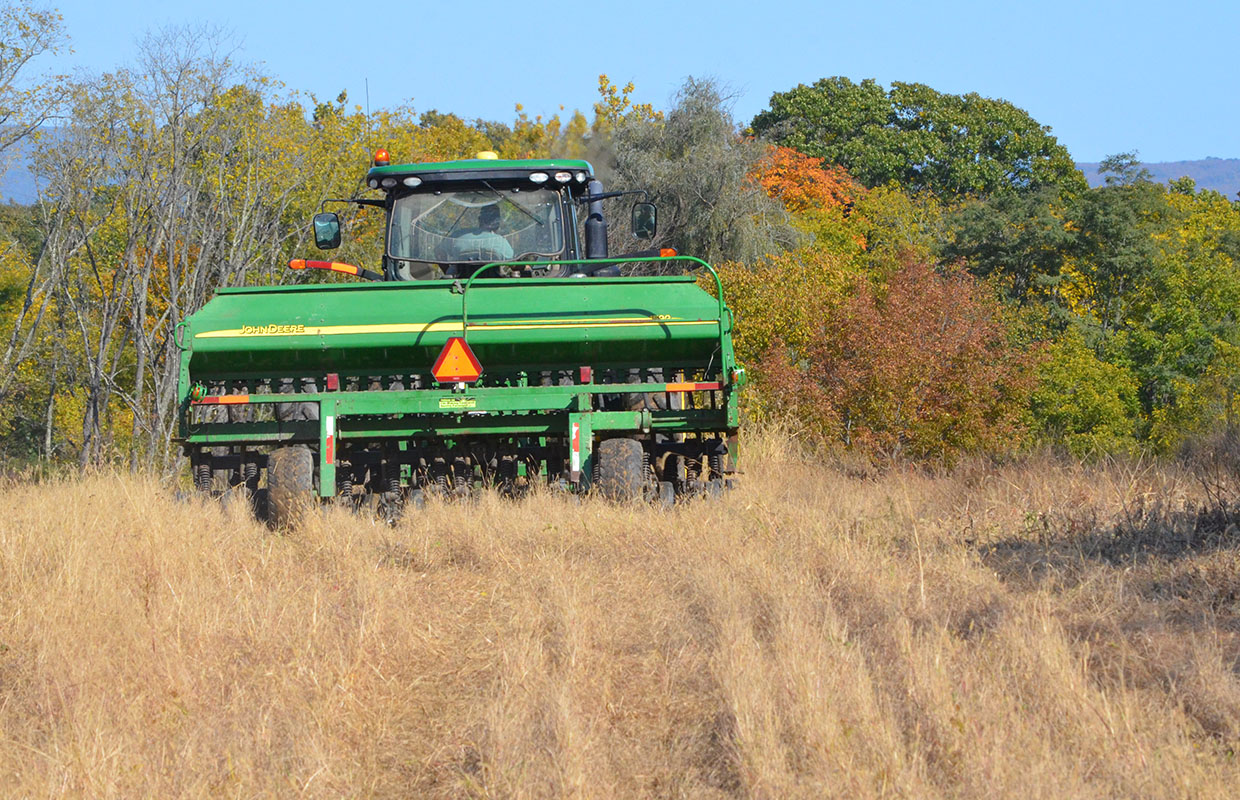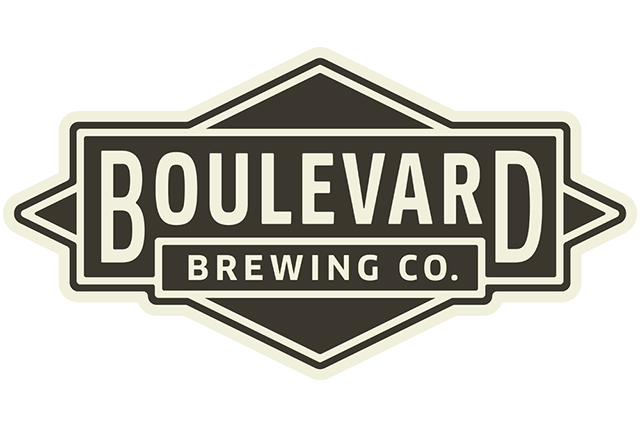
Food21 of Pennsylvania has been awarded one of 21 grants from the Pennsylvania Liquor Control Board aimed at increasing the production of Pennsylvania-made beers and promoting the craft beer industry.
With the $50,000 award, Food21’s Value Center will build on the success of its Farm to Tap pilot by launching a new specialty malt grown and processed entirely in Western Pennsylvania under the brand “Allegheny Mountain Malt.”
Pennsylvania is the second-largest craft brewing state in the nation, second only to California. Last year, craft beer sales represented over $5.3 million to our state’s economy and the industry is one of the fastest growing in Pennsylvania. Despite that, almost none of the key ingredients for making beer are grown and processed in the state.
Vince Mangini, Food21 Value Center manager and team leader of Farm to Tap, explained what the Farm to Tap pilot accomplished.
“We have three barley growing seasons under our belt,” said Mangini, “including everything from procuring the seed through planting and harvesting – and we have another 100 acres in the ground for what will be our fourth season. We’ve been working with a barley variety that is a good winter cover crop, has the potential for wonderful yields and is very attractive to brewers. We’ve also created a partnership with CNC Malting Company in Butler County, which allows us to transform a commodity like barley into a marketable brand.”
“Using this locally-grown barley,” said Brendan Carroll, cofounder, CNC Malt, “we can customize unique flavor profiles via the malting process, depending on what a brewer is looking for. We are excited to help serve as a link between local farmers and craft brewers.” Among the regional brewers who have produced beer using Farm to Tap barley malted by CNC are All Saints in Greensburg, Devout Brewing in Export and Stick City Brewing in Mars.
“In a recent Food21 survey, over 70% of responding brewers indicated a desire to use local malt,” said Joe Bute, president, Food21. “The launch of Allegheny Mountain Malt is designed to fill that need. Barley, which is most often used as a cover crop to protect soil and enable no-till agriculture, now enables additional off-season income for farmers. With the addition of CNC, it becomes a perfect example of how we can build an integrated value chain in our region.”
Mangini emphasized that the project’s success is a product of the support of Food21’s partners: Greg Phillips, former District Manager/CEO of the Westmoreland Conservation District; Linda Box, Chairman and CEO of the Katherine Mabis McKenna Foundation; Brendan and Oana Carroll, founders of CNC Malting Company; Alquin Heinnickel of Heinnickel Farms; and agronomist and contract farmer Fred Slazek, who also consulted on the supply chain components.






Be the first to comment